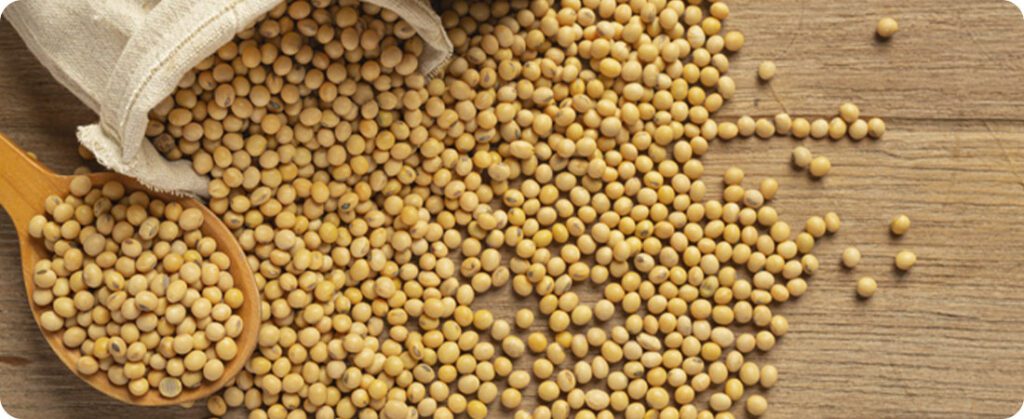
The futures of soy traded on the Chicago Stock Exchange are falling, while other markets are following an upward trend, contradicting the general behavior. The market is operating in negative territory this Wednesday (2). In this sense, at around 1:40 pm (Brasília time), losses varied between 3.25 and 5 points in the main maturities. In addition, the November contract was quoted at US$ 10.52, while the May contract reached US$ 10.99 per bushel.
Meanwhile, corn and wheat futures were rising, followed by soybean oil contracts. These were up more than 1.8%, driven by the rally in oil. This movement began after the increase in tensions in the Middle East. Although more modest than those seen in the morning - when gains exceeded 2.5% - both Brent and WTI were up between 0.3% and 0.4%, with a barrel of Brent quoted at US$ 73.39.
In contrast, soybean meal futures plummeted almost 2%, putting pressure on grain prices and limiting the chances of an increase in the soybean complex amid the positive scenario in other markets.
“Soybean meal is leading losses in Chicago, putting pressure on grain prices on the CBOT. The climate in Brazil is also on the radar, and the rise in soybean oil today limits sharper falls,” Pátria Agronegócios analysts point out in their daily report.
Wheat leads the rise on the Chicago Stock Exchange
Among wheat futures traded in Chicago, the most traded contracts rose by more than 2%. At around 2:20 pm (Brasília time), the December contract was quoted at US$ 6.13, while the May/25 contract reached US$ 6.47 per bushel. This movement also pulled corn, which rose by more than 0.7%, with the December contract traded at US$ 4.23 and the May/25 contract at US$ 4.58 per bushel.
“Wheat is following the rise in oil prices due to uncertainties related to wheat supplies in the Middle East region, in addition to logistical problems, since the conflict could interrupt traffic in the Suez Canal, a vital route for the flow of wheat from the Black Sea,” explained the Agrinvest Commodities team.
The gains also reflect concerns over new winter crops in Russia and Ukraine, especially the Russian crop, which faces weather challenges due to very dry weather, further boosting the market.
Source: Carla Mendes | Notícias Agrícolas












